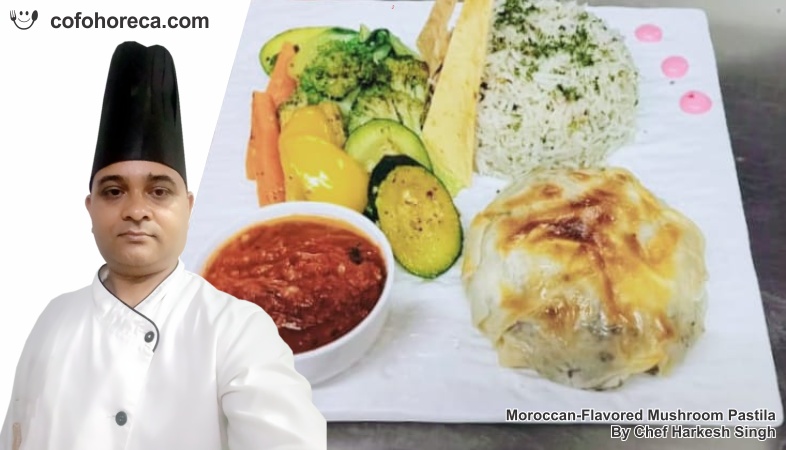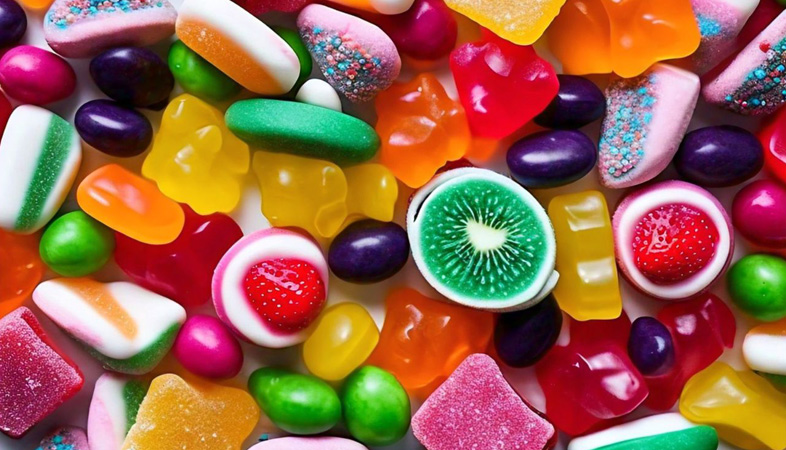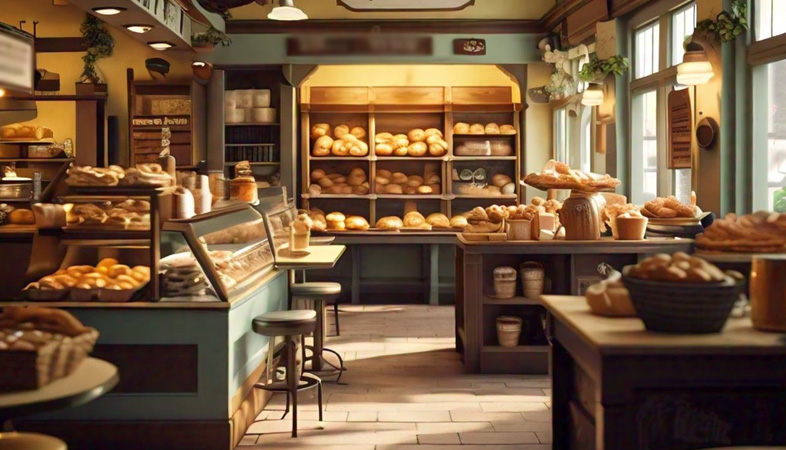SHARE
Commercials
More Posts
Jun 29, 2025
Food and Beverage Pairing: Perfecting the Match
Feb 13, 2025
Vipin Verma Joins Lemon Tree Hotels as Sous Chef
Apr 22, 2025
Malabar Sizzling Prawns - By Vishal Raghunath Yadav
Jun 29, 2025
Food and Beverage Pairing: Perfecting the Match
Feb 13, 2025
Vipin Verma Joins Lemon Tree Hotels as Sous Chef
Apr 22, 2025
Malabar Sizzling Prawns - By Vishal Raghunath Yadav
Jun 29, 2025
.png)



























